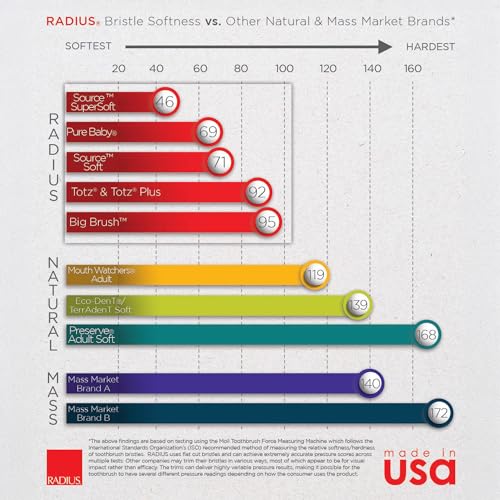RADIUS Totz Toothbrush for Toddlers (6 per case)
The rise of automation and artificial intelligence (AI) has had a significant impact on the job market. As technology continues to advance, many traditional jobs are being replaced by machines and software, leading to concerns about job security and the future of employment. However, this shift also presents new opportunities for individuals and businesses to adapt and thrive in the changing landscape.
One of the most significant effects of automation and AI is the displacement of workers in various industries. Tasks that were previously performed by human workers are now being automated, resulting in job losses in sectors such as manufacturing, retail, and even white-collar professions. This has led to concerns about the long-term viability of certain occupations and the need for individuals to continuously acquire new skills to remain competitive in the job market.
While the job losses caused by automation and AI are undeniable, these technologies also create new job opportunities in fields such as data analysis, software development, and machine learning. As businesses strive to stay competitive, they are increasingly seeking individuals with the skills to develop, implement, and maintain these advanced technologies. This has led to a growing demand for workers with specialized technical skills, as well as those with the ability to adapt and learn new skills quickly.
In response to these changes, educational institutions and training programs have been adapting their curricula to better prepare students and workers for the job market of the future. Emphasis is being placed on developing transferable skills, such as critical thinking, problem-solving, and adaptability, which can be applied across a wide range of industries. Additionally, there is a growing focus on lifelong learning and the importance of continuous skill development to remain relevant in an ever-changing job market.
Governments and policymakers are also grappling with the societal implications of automation and AI. There are ongoing debates about the need for policies to address job displacement, such as retraining programs, universal basic income, and the regulation of emerging technologies. These discussions aim to ensure that the benefits of automation and AI are equitably distributed and that the transition to a more technologically-driven economy is as smooth and inclusive as possible.
Ultimately, the impact of automation and AI on the job market is complex and multifaceted. While these technologies may displace some workers, they also create new opportunities and the potential to improve productivity, efficiency, and quality of life. The key challenge is to navigate this transition in a way that supports individuals, businesses, and communities, and ensures that the benefits of technological progress are shared widely.
product information:
| Attribute | Value |
|---|






















